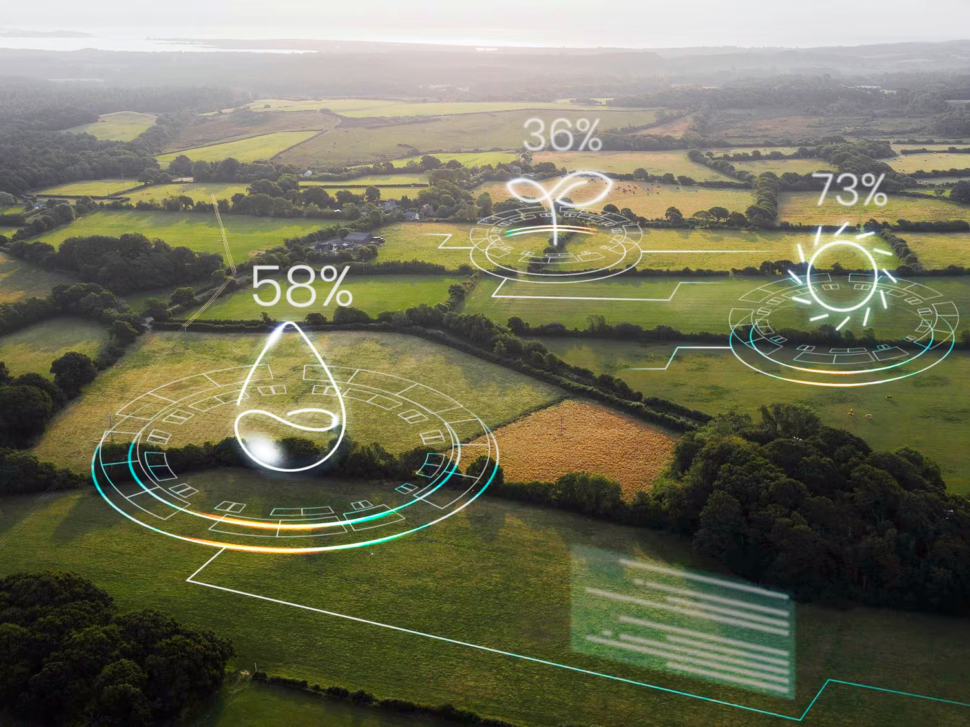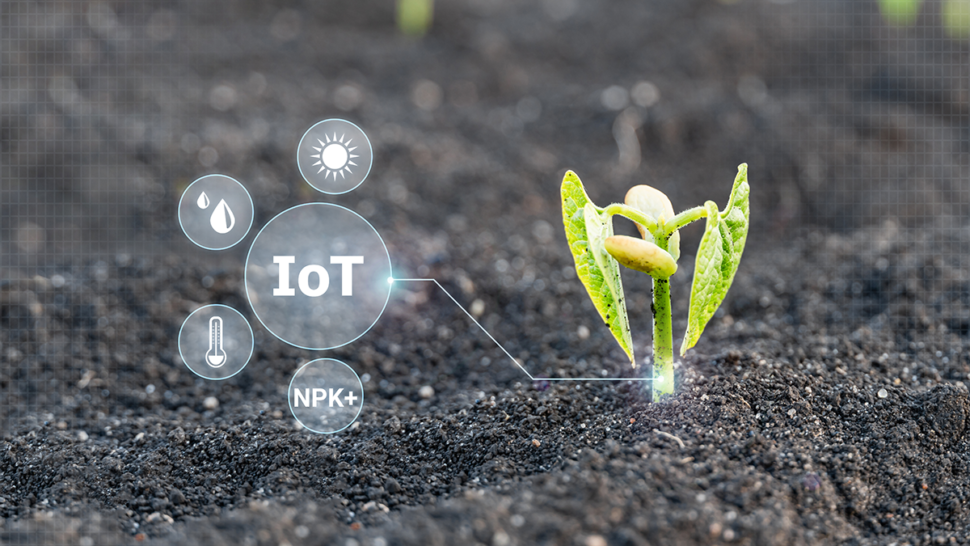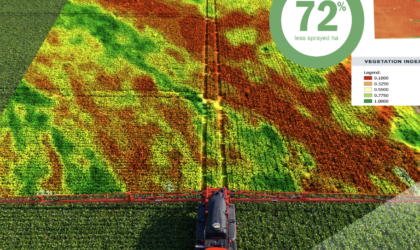The IRRI+ project aims to explore the potential of technological and digital innovations to improve the monitoring, recommendations, and evaluation of irrigation systems.

Project background
According to the IPCC, climate change is widespread, rapid, and intensifying. Its potential impact on water resources in France—including decreasing summer precipitation, reduced low flow rates in rivers, and lower average monthly groundwater levels—has made agricultural water management a central issue. Agriculture must adapt to conserve water. This transformation doesn’t rely on a single solution but requires the simultaneous mobilization of several adaptation strategies or a “basket of solutions,” with the goal of identifying the most suitable combination for each region.
Among these strategies, technological and digital innovations that reduce irrigation water consumption should be encouraged, alongside supporting irrigators in adopting practices based on agroecological principles. These new digital tools and services could also facilitate the management of more complex agroecological systems through the use of advanced sensors, data analysis and integration, the development of new models, remote sensing, and artificial intelligence.
Given the multitude of challenges and the promises offered by digital technologies, this project aims to enhance knowledge of new irrigation management and control tools and to outline directions for supporting the agroecological and digital transition in irrigation.
The potential impact of climate change on water resources in France is so significant that agricultural water management has become a central issue.

Project objectives
The primary goal of this project is to explore the potential of technological and digital innovations to improve the monitoring, recommendations, and evaluation of irrigation systems.
Three Complementary Components:
- Component 1: Inventory and Characterization of Irrigation Management Tools
- Justification / Problem Statement: Various tools have been developed by technical institutes to assist irrigators in managing their technical itineraries. Often based on water balance models, these tools are highly dependent on the availability of accurate weather and soil data. The advent of new digital technologies (such as connected sensors, satellite imagery, AI) offers new opportunities to enhance irrigation recommendations.
- Objectives: Conduct an inventory of available digital tools and services in France (and possibly in Europe and the USA), highlighting their characteristics: input data, interface, outputs, spatial and temporal scales of recommendations, and targeted crops. Study the sensitivity of results from selected Decision Support Tools (DSTs). Simulate the capability of these DSTs to operate under future constraints (climate change, restrictive conditions).
- Expected Outcomes: A report and mapping of currently used DSTs, with perspectives and recommendations for their appropriate use.
- Component 2: Methodological Framework for Monitoring and Evaluating Irrigation System Performance Using Digital Tools
- Justification / Problem Statement: Due to a lack of data on agricultural water usage, the performance of irrigated agriculture is often difficult to assess, typically being reduced to the amount of water used or water efficiency and productivity. With technological and digital innovations, new data and their integration should enable 1) better monitoring of water usage (over time and space) and 2) evaluation of the impacts of this usage on various components: water resources, agricultural productivity and food security, regional economy, GHG emissions and carbon storage, impacts on biodiversity.
- Objectives : Conduct an inventory of available data on irrigation through technological and digital innovations and develop an analytical framework to better monitor water usage and the performance of irrigated agriculture.
- Expected Outcomes: A guide outlining the key principles and necessary data for evaluating water usage and the performance of irrigated agriculture using digital tools.
- Component 3: Case Study for Improved Water Management Through Digital Tools
- Justification / Problem Statement: Water management requires collective and proactive efforts to prevent restrictions and shortages. Many regions today face conflicts over water use and the need to limit withdrawals for certain activities. Due to a lack of data and information, these limitations are often poorly understood and applied by users.
- Objectives : Test the analytical framework developed in the previous component within a study area to see how technological and digital innovations can better monitor, advise, and evaluate agricultural water usage.
- Expected Outcomes: A case study that characterizes the usage and performance of irrigation. This study should also highlight threats and provide recommendations for sustainable water resource management.



